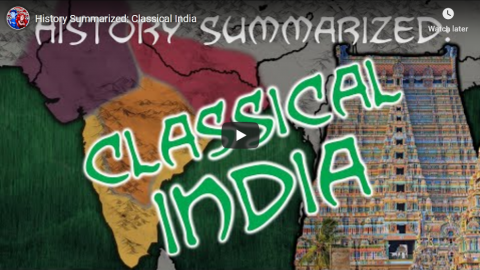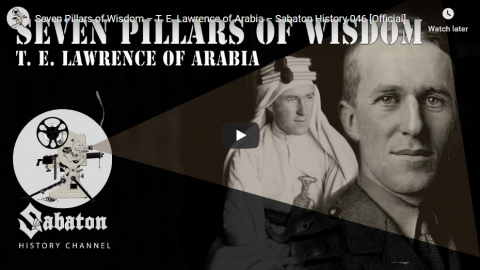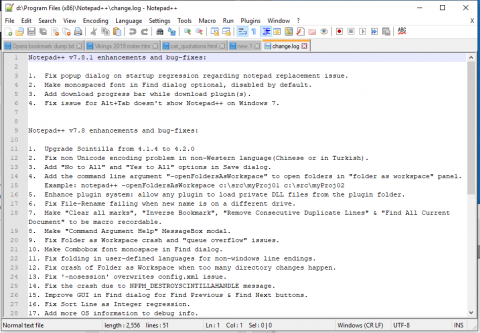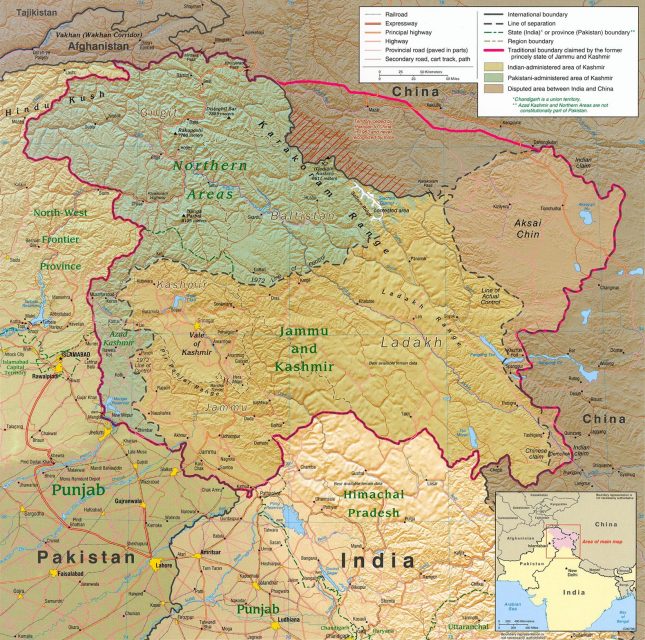In the latest Age of Invention newsletter, Anton Howes discusses the economic snapshot of 17th century Europe (and parts of the wider world) provided in the work of Giovanni Botero:
… I’ve spent the past couple of days reading the work of an Italian geographer, Giovanni Botero. His 1590s treatise, on The Strength of all the Powers of Europe and Asia (translated into English in 1601 as The Traveller’s Breviat) tries to provide a comprehensive account of the relative strengths of all the world’s great powers. It can be a bit dry — at times it’s a bit like reading a table of statistics, but in paragraph form, as he goes through every country’s population, geography, and industries, as well as their manpower, the sizes and qualities of their armies and navies, their political systems, taxes, and geopolitical situations. Yet in all that information, we get a snapshot of what characteristics stood out internationally, at a point that was midway through England’s crucial century of change.
I thought I had a pretty good general grasp of the economic history of Europe and the west in the post-Middle Ages period, but Anton mentions something I didn’t know anything about:
Yet there was another region that Botero singled out in terms of its technological and economic achievements, which I had never heard mentioned before: the land of “The Xeriffe”.
The term is usually rendered as sharif, denoting a descendant of the Prophet Muhammad via his grandson, Hasan ibn Ali. In 1600, the title was claimed by the rulers of the Saadi Empire, centred around Fez, in present-day Morocco. Botero claimed that its cities were of marble and alabaster, decorated with great lamps of brass. In Fez in particular were “200 schools of learning, 200 inns, and 400 water mills, every one driven with four or five wheels”, from which the ruler derived a substantial rent. The city also featured “600 conduits, from whence almost every house is served with water.” Indeed, he noted that “the inhabitants are very thrifty, given to traffic [commerce], and especially to the making of clothes of wool, silk, and cotton.”
So here was a remarkable city. One that was wealthy, populous, somewhat industrialised, and given to trade. It was a centre of learning for the entire region, especially under the long rule of one of its sultans, Ahmad al-Mansur “the Golden” and his immediate successors: the library they amassed forms one of the major surviving collections of Islamic manuscripts on literature and science (which was captured during a war in the seventeenth century, and has been in Spain ever since). The Saadi Empire even had some military might: during its rise it successfully contended with Portugal, and it had a large arsenal of gunpowder weapons, which it put to use in conquering parts of Sub-Saharan Africa. It maintained friendly commercial and diplomatic links with both England and the Dutch Republic, uniting with them in their opposition to Spain.
And yet, the Saadi Empire is never mentioned as an efflorescence [defined as “temporary bubblings up of innovation and economic growth, which ultimately resulted in stagnation or decline”]. It doesn’t even feature in debates about the causes of the Long Divergence — the centuries-long reversal of economic fortunes between northwestern Europe and the Islamic world. The latest major book on the reversal, by Jared Rubin (which is excellent, by the way), is entirely devoted to comparisons with the Ottoman Empire, not discussing Morocco even once. That may just be a product of which sources are most readily available in English, or because there are currently quite a few excellent Turkish economic historians, like Şevket Pamuk or Timur Kuran. It’s also possible that the descriptions of Fez’s wealth were exaggerated, or that there are straightforward explanations for its relative economic decline. But, if we’re to fully understand the causes of the Industrial Revolution in Britain, I think the rise and fall of the Saadi Empire is another efflorescence we need to seriously consider.















